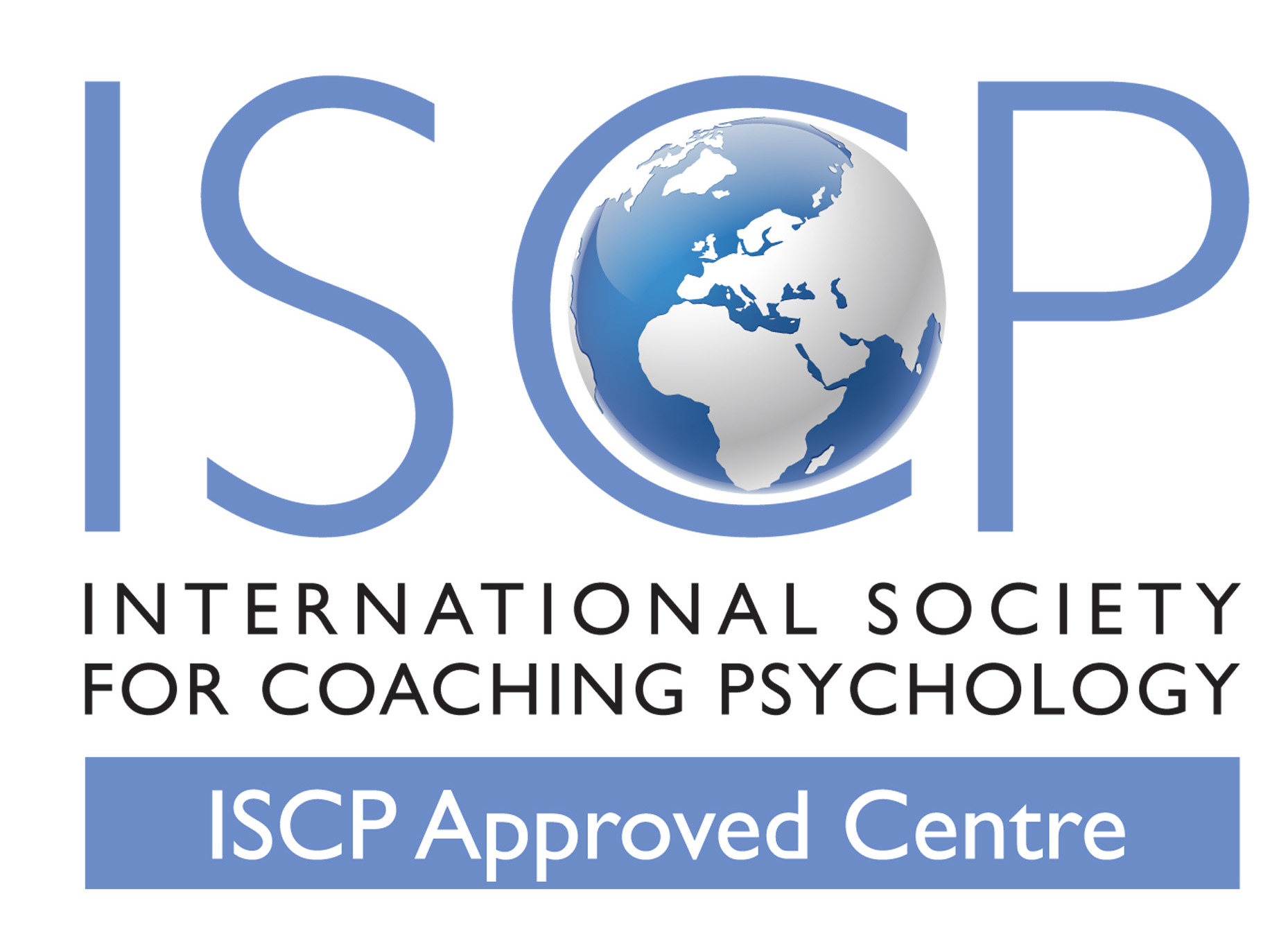DBA Research Dissertation
Abstract
Pure and blended coaching are gaining popularity because they are effective in helping individuals and teams to solve problems, achieve goals, improve performance, and develop skills. Nevertheless, often coaching remains inefficient in dealing with incongruent clients because leaders and coaches mostly coach grievously limited conscious minds. Hypnosis is not widespread in business yet but enables utilizing wise unconscious minds to solve problems more congruently, effectively, and efficiently. Researchers discuss adapting temporary progression, age regression, and only a few other hypnotic techniques. This research advances “Hypno-coaching” by applying qualitative patterns, concepts, methods, and values from Ericksonian hypnotherapy to coaching and by discussing the phenomenology of trance states. The author conducted online Hypno-coaching sessions with directors, managers, leaders, workers, and professionals. Quantitative data obtained from surveys of coachees about their experience after the sessions helped to infer: a) hypnosis is consistent with the core coaching competencies; b) hypnosis improves the effectiveness of coaching. Other findings support the ‘special state’ theory for the nature of hypnosis. Coachees became highly motivated, deeply relaxed, and likely to recommend Hypno-coaching to friends and colleagues.
Citation
Arakcheev, A. (2023). Hypno-coaching: Application of Ericksonian Hypnosis in Coaching. Collegium Human, Warsaw Management University.
Available on ResearchGate
